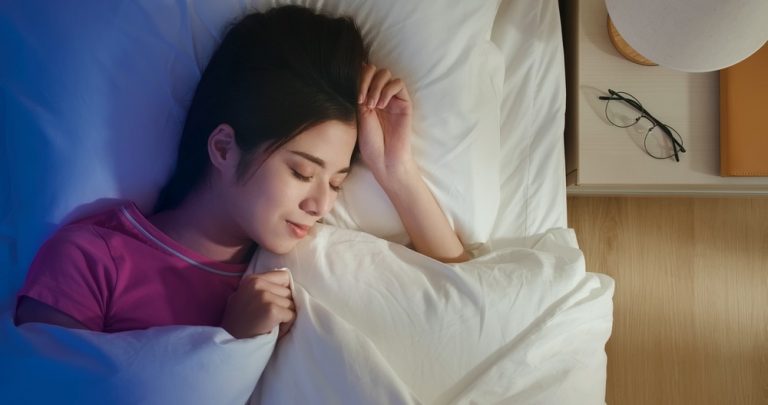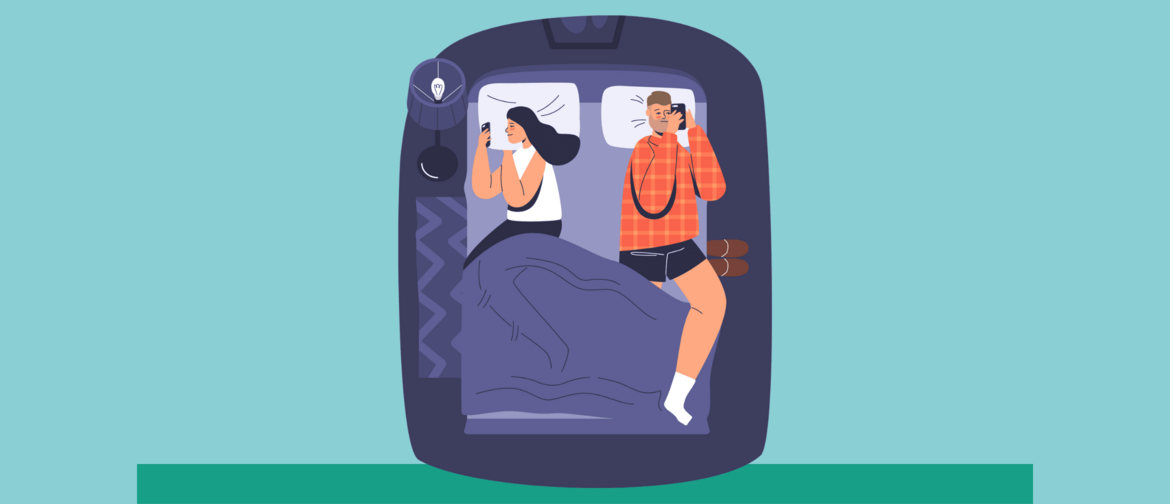It’s no secret that sleep is essential for good health, but many people still neglect to get the recommended 7-9 hours of sleep each night.
The effects of sleep deprivation can be far-reaching and impact virtually every aspect of your life.
Sleep is essential for proper brain function
“Also, I could finally sleep. And this was the real gift, because when you cannot sleep, you cannot get yourself out of the ditch—there’s not a chance.”
ELIZABETH GILBERT, EAT, PRAY, LOVE
Sleep Deprivation: Impacts You Can't Ignore
Poor sleep quality due to travel, stress or uncomfortable bedding can contribute to sleep deprivation and its negative effects.
Investing in a high-quality mattress, pillow, and bedding accessories can make a world of difference in your sleep quality and help prevent the negative effects of sleep deprivation. Additionally, practicing good sleep hygiene habits, such as sticking to a consistent sleep schedule and avoiding screen time before bed, can help ensure you get the restful sleep you need to feel your best.
Here are five negative effects of sleep deprivation to keep in mind:
Impaired cognitive function: Sleep is essential for proper brain function, and lack of sleep can impair your ability to think clearly, solve problems, and make decisions.
Mood disturbances: Poor sleep can leave you feeling irritable, moody, and emotionally unstable. Chronic sleep deprivation has even been linked to depression and anxiety.

Weakened immune system: Sleep is critical for immune system function, and chronic sleep deprivation can weaken your body’s ability to fight off illness and infection.
Increased risk of accidents: Fatigue can impair your ability to react quickly and make good decisions, increasing your risk of accidents, both on the road and in the workplace.
Decreased sex drive: Research shows that lack of sleep can lower libido and impair sexual function, leaving you feeling less interested in sex and less able to perform.
Next, let’s look at some signs that you may be experiencing sleep deprivation.
Extreme Sleep Deprivation: A Warning
While missing a few hours of sleep here and there may not seem like a big deal, extreme sleep deprivation can have serious consequences.
If you go without sleep for three days, your body and mind will start to suffer.
Here are a few of the physical and mental consequences of extreme sleep deprivation:
Hallucinations: When you’re severely sleep deprived, your brain can start to play tricks on you. You may start to see or hear things that aren’t really there, which can be unsettling and even scary.
Memory lapses: Sleep is crucial for consolidating memories, so when you’re not getting enough of it, your memory can suffer. You may find it harder to remember things or have trouble focusing on tasks.
Physical symptoms: Lack of sleep can cause physical symptoms as well, including headaches, body aches, and even an increased risk of heart disease and stroke.
Now that we’ve discussed the consequences of extreme sleep deprivation, let’s take a look on how to recover from lack of sleep quickly.
Tips to Fix Sleep Deprivation Quickly
If you’re feeling tired and groggy after a night of poor sleep, there are a few things you can do to recover quickly:
Create a comfortable sleep environment: Make sure your bedding, pillows, and accessories are comfortable and supportive. This can help you fall asleep faster and stay asleep longer.
Avoid disruptions: Try to limit disruptions to your sleep, such as noise or light. If you’re traveling, bring along a sleep mask and earplugs to help block out distractions.
Stick to a sleep schedule: Try to go to bed and wake up at the same time every day, even on weekends. This can help regulate your body’s internal clock and make it easier to fall asleep at night.
Pay attention to your sleep cycle: The 90-minute sleep cycle can guide sleep patterns and help you wake up feeling refreshed.
By following these tips, you can fix sleep deprivation and improve your overall health and well-being.

Wrap Up
Getting a good night’s sleep is crucial for our health and well-being. By prioritizing our sleep hygiene and investing in comfortable bedding, pillows, and accessories, we can improve the quality of our sleep and wake up feeling refreshed and energized.
Do you have any tips for improving sleep hygiene? Leave a comment below and let us know.







